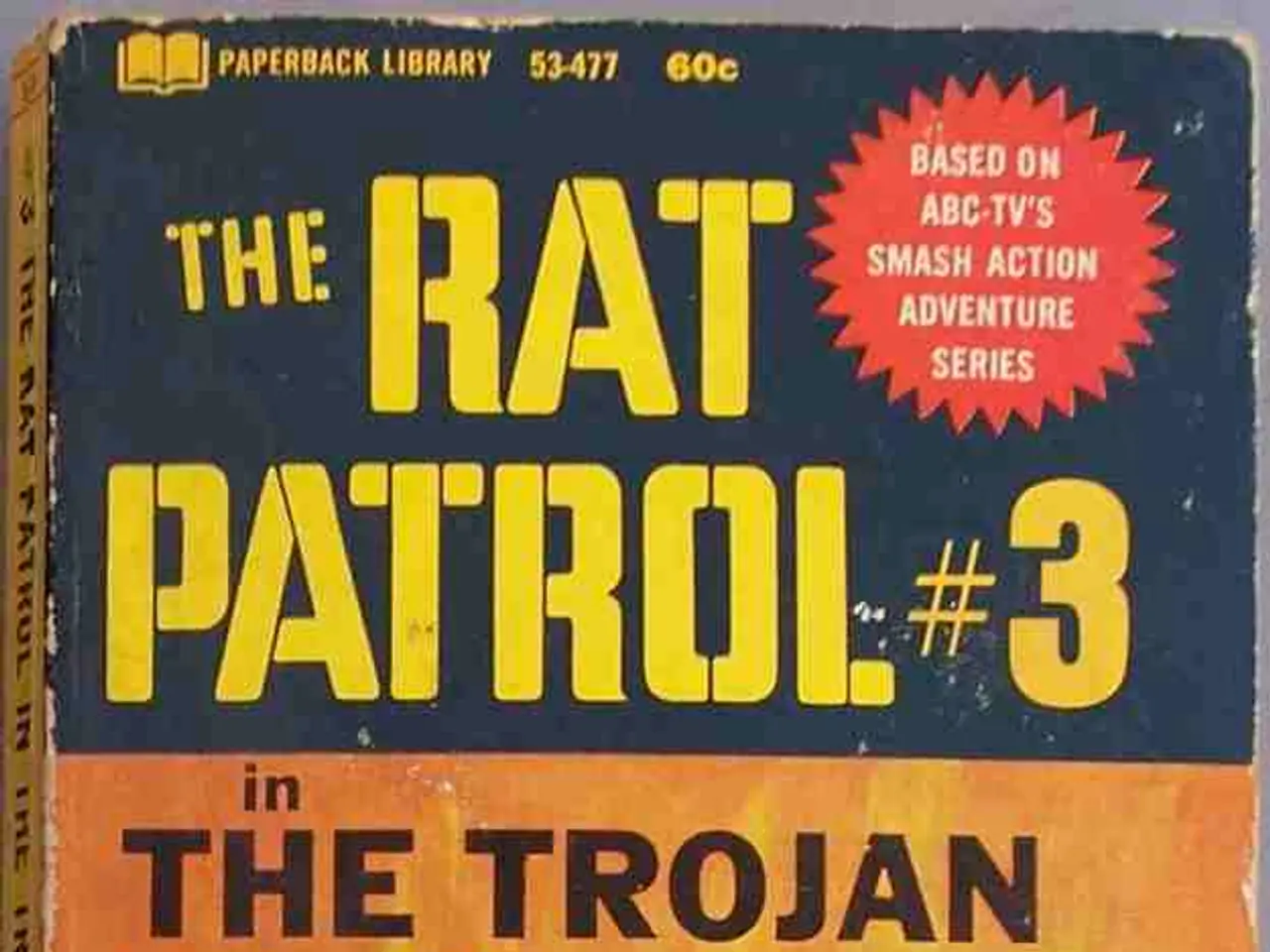Likud Supporters Generally Back Smotrich, Shows Recent Survey
In the ongoing conflict between Israel and Hamas, public opinion is showing a clear division along ideological lines, according to a recent survey. The poll, conducted among 514 adult respondents using a digital system, reveals a significant split among Israeli voters, with right-wing supporters demonstrating a strong preference for a hawkish approach.
The plan approved by the Cabinet last Thursday, which advocates for advancing the current plan in the absence of a comprehensive deal and continuing the fighting, is backed by 50% of Likud voters, the party led by Prime Minister Benjamin Netanyahu. This stance, which echoes the Prime Minister's position of advancing the current plan, is also supported by 43% of voters from Religious Zionism and Otzma Yehudit.
A more hardline stance, advocating for continuing the fighting until objectives are achieved without temporary deals, as repeated pauses undermine the goal, is supported by 43% of Likud voters and 85% of Religious Zionism and Otzma Yehudit voters. This stance, put forth by lawmaker Smotrich, calls for the complete defeat of Hamas and the return of all hostages, even if it means forgoing temporary deals such as hostage exchanges.
Among Israeli voters who self-identify as right-wing, there is overwhelming support for this stance, with 88% preferring to continue the war until Hamas is overthrown and all hostages are returned, rather than making deals that leave Hamas in power. This contrasts sharply with left-wing and centrist voters, most of whom favor seeking hostages' return through agreements even if Hamas remains in power.
The survey's statistical sampling error is ±4.4%, with a 95% confidence level. The data suggests a durable, uncompromising approach toward Hamas within the right-wing political segment, aligning with ongoing government policies such as the recent approval of the occupation of Gaza despite opposition objections.
This division along ideological lines reflects a broader political dynamic within Israel amid the protracted Gaza conflict. The survey results indicate that the conflict's resolution may depend on bridging this ideological divide and finding a compromise that is acceptable to both sides.
War-and-conflicts within Israel continue to be a contentious issue, with the ongoing conflict between Israel and Hamas highlighting a significant divide among Israeli voters along ideological lines. Policy-and-legislation regarding the conflict, such as the recent approval of the occupation of Gaza, align with the hardline stance of right-wing voters, indicating that general-news coverage of the conflict should focus on the political dynamics and policy implications.








